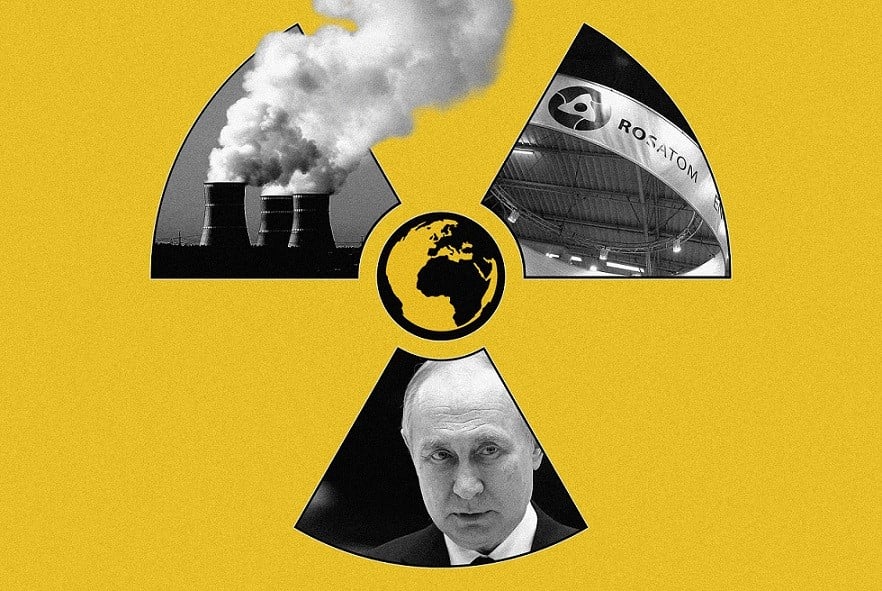 |
| Russia-EU: Being in the 'no-go zone' that cannot be sanctioned, how is the health of the nuclear giant Rosatom? (Source: fdd.org) |
Hardliners on Russia have long wanted to apply pressure, aimed directly at the Russian nuclear industry. But in the 11th package of sanctions since the special military operation in Ukraine, the European Union (EU) has still not been able to "touch" Russia's state atomic energy corporation - Rosatom.
Rosatom "lives well"
According to energy experts, the answer to the question of why Rosatom is not on the Western sanctions list is simple.
In fact, Russia gains little financial benefit from exporting nuclear fuel, but its focus on more important infrastructure business, including building reactors in the EU, has brought in significant financial resources for the Kremlin.
According to public data, Russia also currently supplies about 20% of the materials needed to operate EU nuclear reactors. Therefore, replacing Rosatom as a nuclear fuel supplier is not a simple task and will take a long time.
This is also why the West cannot immediately impose economic sanctions on Rosatom, despite the fact that the company is likely one of the key factors providing financial resources for Moscow.
Rosatom's revenue increased by 17% last year. Rosatom CEO Alexei Likhachev said the corporation would generate more than 1.7 trillion rubles in revenue by 2022. In the same year, Rosatom's own investments totaled more than 1 trillion rubles.
Rosatom did not disclose the amount of money earmarked for the 2021 investment program in its annual report, only noting that Rosenergoatom, a company that manages Rosatom's nuclear power plants in Russia, completed its investment program by 105.5% in 2021.
Meanwhile, according to technology.org , in an independent investigation by Bloomberg and the UK's Royal Russian Defence and Security Institute (RUSI), in 2022, Rosatom's nuclear fuel sales and exports increased by 20%, reaching a 3-year high for the EU market.
In fact, the nuclear fuel sold to Eastern Europe accounts for only 40% of Rosatom's total exports. Not only do EU countries buy nuclear fuel from Russia, but in the US, about 20% of nuclear reactors are also using fuel purchased from the same Russian source.
No confrontation but division
Meanwhile, since Moscow launched a special military operation in Ukraine (February 2022), the EU has introduced 10 packages of sanctions against Russian individuals and entities. More and more EU officials and diplomats admit that the bloc is running out of sanctions against Russia that can be put on the negotiating table in the future, hoping to find consensus among all member states.
There is not much “room” left in the dense sanctions, but this next round of EU sanctions will focus on combating circumvention of existing restrictions, especially on spare parts and equipment that Moscow could deploy in the military conflict with Ukraine, according to European Commission (EC) President Ursula von der Leyen.
However, Eastern European diplomats said that this "still does not go far enough", and the 11th package of sanctions needs to be more radical.
Poland, along with like-minded Baltic states, has presented an updated proposal to the EC for a new set of sanctions against Russia. The Group has been proposing measures against Russia’s civilian nuclear capabilities since last spring, but so far they have not been effective. The updated proposal aims to put Russia’s state-owned nuclear energy giant Rosatom back in the crosshairs of sanctions.
The four member states said the EU could target Rosatom by restricting imports of nuclear fuel, halting new investments in power plants and restricting exports to Russia of goods and equipment used in the industry. The first step, they said, could be to target the company’s top executives.
In addition, this time, instead of proposing a complete ban on Rosatom products and services, the countries supporting sanctions proposed more nuanced restrictions, including exemptions for EU nuclear companies with existing contracts with Rosatom, or applying safeguards to prevent dependence on Russian nuclear products…
Additional pressure on Rosatom could also come from Western partners, such as the United States and Britain, who have already followed this path and are looking for even more severe restrictions that would hit Russia’s nuclear sector directly. Since Rosatom took control of the Zaporizhzhya Nuclear Power Plant in southeastern Ukraine, Europe and the West have become increasingly impatient.
Washington recently imposed additional sanctions on more than 120 targets, further tightening the activities of Russian individuals and entities due to the conflict in Ukraine, including entities related to Rosatom. However, Washington has not yet imposed sanctions on Rosatom itself.
Meanwhile, on the other hand, the strongest resistance to the sanctions against Russia's nuclear power comes from Eastern Europe. Because 5 member states, including the Czech Republic (6), Slovakia (5), Finland (2) and Bulgaria (2) are operating 15 Russian-made nuclear reactors and currently have no alternative fuel from Russian supplies.
While Slovakia says it only has enough nuclear fuel to last until the end of 2023, the Russian import ban could be a long-term problem.
Hungary is a more special case, not only is it closely linked to Russian energy, it also has close ties with Rosatom. Therefore, Budapest has repeatedly spoken out against the elimination of Russian nuclear energy and put Rosatom officials on the sanctions list. Previously, Hungary also affirmed that it would not participate in EU sanctions on the import of Russian oil and gas in 2022.
In February 2023, as soon as Europe discussed the 10th package of sanctions and targeting Rosatom and its leadership was the idea, Budapest immediately strongly objected, declaring that it must take decisive action against the EU sanctions.
Hungarian Foreign Minister Peter Szijjártó made it clear that sanctions against Rosatom would not only harm Hungary’s fundamental national interests, but also pose a threat to global nuclear security. Rosatom is one of the key players in the global nuclear energy sector, supplying fuel to nuclear power plants in many countries.
In early April, Hungarian Foreign Minister Peter Szijjarto visited Moscow to reach new energy deals with Russia and agreed to amend the contract with Rosatom to expand the Paks Nuclear Plant.
In addition to Eastern European countries that are hesitant about whether or not to include Russia's nuclear energy sector in the new sanctions package, Germany and France have also purchased enriched uranium from Russia worth 452 million euros in 2022.
However, Germany has now signaled it will agree to EU sanctions on Russian nuclear fuel. Since existing contracts still bind France and Germany, Poland and some Baltic members have proposed a two-year deadline for Berlin and Paris.
Source


![[Photo] Prime Minister Pham Minh Chinh launched a peak emulation campaign to achieve achievements in celebration of the 14th National Party Congress](https://vphoto.vietnam.vn/thumb/1200x675/vietnam/resource/IMAGE/2025/10/5/8869ec5cdbc740f58fbf2ae73f065076)




![[Photo] Prime Minister Pham Minh Chinh chairs the Government's online conference with localities](https://vphoto.vietnam.vn/thumb/1200x675/vietnam/resource/IMAGE/2025/10/5/264793cfb4404c63a701d235ff43e1bd)
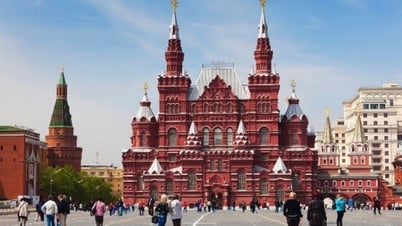




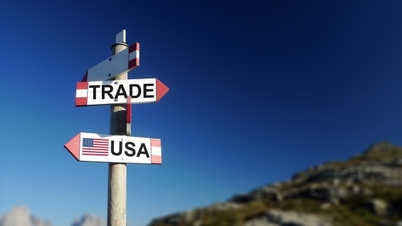


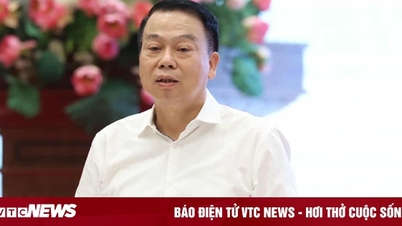



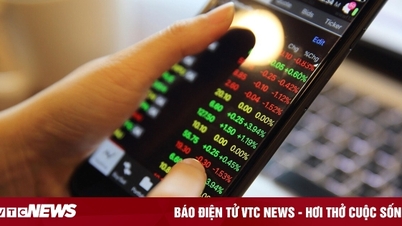
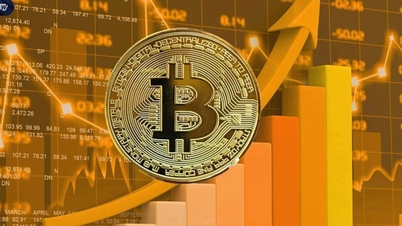

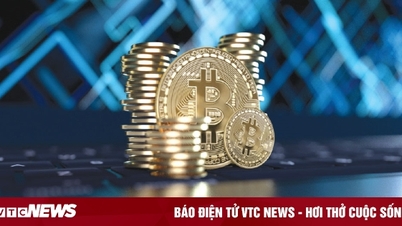






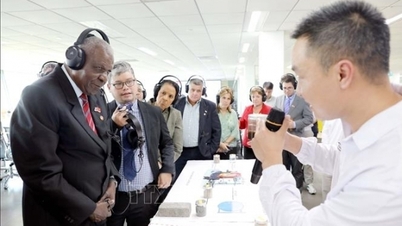
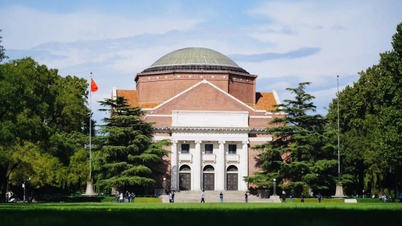

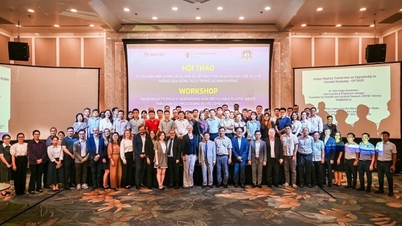
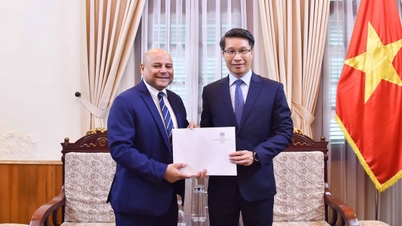























![[VIDEO] Summary of Petrovietnam's 50th Anniversary Ceremony](https://vphoto.vietnam.vn/thumb/402x226/vietnam/resource/IMAGE/2025/10/4/abe133bdb8114793a16d4fe3e5bd0f12)

![[VIDEO] GENERAL SECRETARY TO LAM AWARDS PETROVIETNAM 8 GOLDEN WORDS: "PIONEER - EXCELLENT - SUSTAINABLE - GLOBAL"](https://vphoto.vietnam.vn/thumb/402x226/vietnam/resource/IMAGE/2025/7/23/c2fdb48863e846cfa9fb8e6ea9cf44e7)
















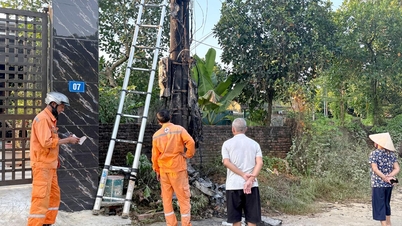

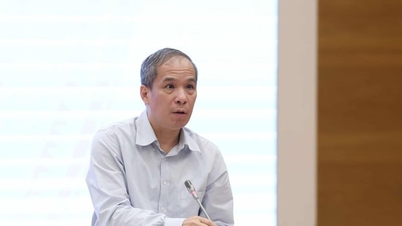



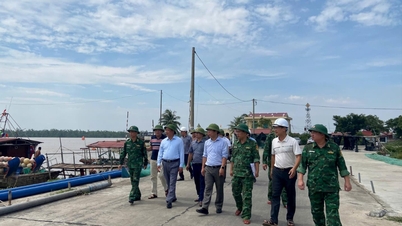

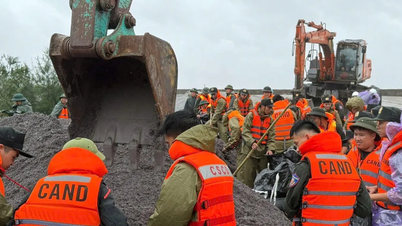












Comment (0)